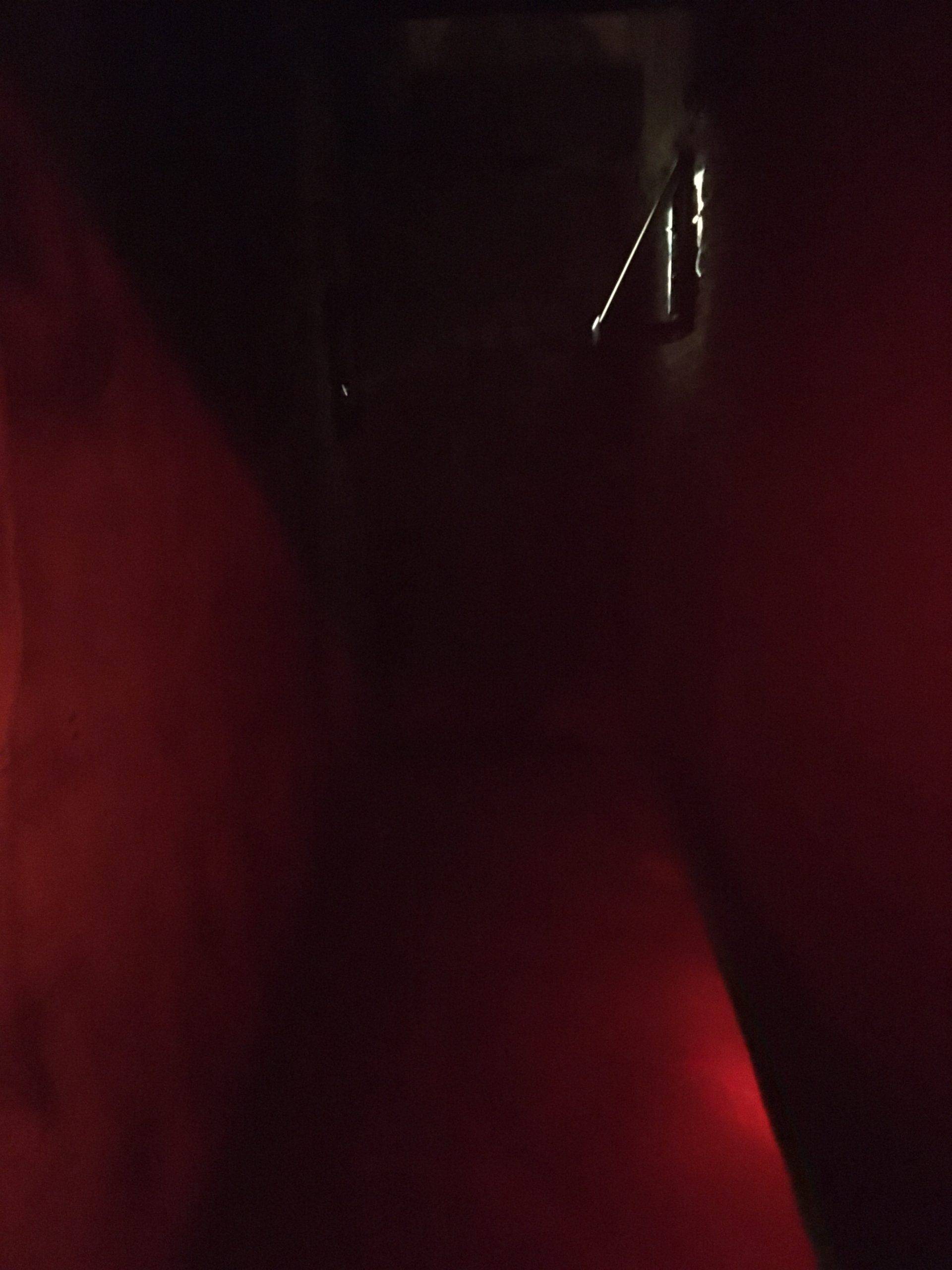Instead, Lucretius offers a profoundly indeterminate ending to the poem and the end of the world in which no static gods live in between worlds. For Lucretius, the gods are just ideas in our minds. No gods, ideas, or arts can save us from suffering or the end of the world. Furthermore, for Lucretius, the swerve is an ongoing aspect of all material reality. This means that matter is fundamentally unpredictable and not under our physical or mental mastery. The world, including our bodies and minds, may swerve and become so turbulent that we cannot mitigate it with calm contemplation. Lucretius and Epicurus agree that there is no reason to fear what happens after death. But, for Lucretius, for whom the swerve is a much more significant and widespread aspect of nature, we still must confront the painful material process of being unwoven strand by strand.
Is this pessimism? I think not. For Lucretius, indeterminate dissipation through movement is the most fundamental feature of our world. It is the nature of things to course and flow.
read here
Foto: Sylvia John

